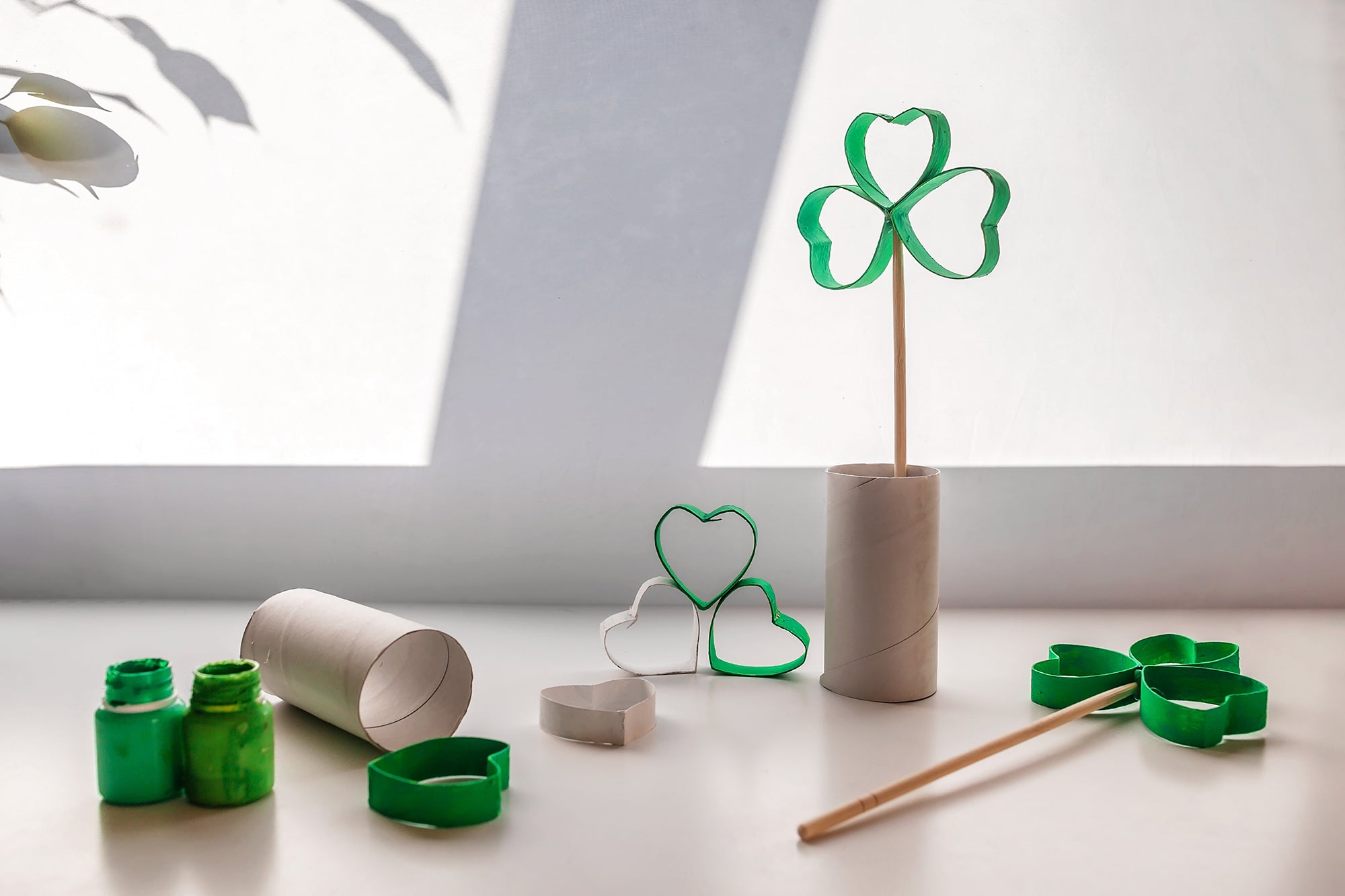Your cart is empty
Already have an account? Log in to check out faster.
Already have an account? Log in to check out faster.

In recent years, environmental consciousness has become a driving force in consumer choices, extending even to our daily essentials. One such eco-friendly alternative that has gained traction is bamboo toilet paper, a sustainable option with a host of benefits for both the environment and personal comfort. In this article, we will delve into the world of bamboo toilet paper, exploring its manufacturing process, renewability, breakdown in plumbing and the environment, and comparing its attributes to traditional toilet paper options.
Bamboo toilet paper starts its journey in bamboo groves, known for their rapid growth and minimal environmental impact. Unlike traditional toilet paper, which often relies on trees like spruce and fir, bamboo grows faster and requires significantly less land and water. Harvesting bamboo also doesn't involve the use of harmful pesticides or fertilizers.
Once harvested, the bamboo undergoes a process of pulping and transformation into a soft and durable material suitable for toilet paper production. The manufacturing process generally uses less water and energy compared to traditional paper production methods, contributing to its eco-friendly profile.
One of the standout features of bamboo toilet paper is its renewability. Bamboo is a grass that grows rapidly, often reaching maturity in just a few years. Unlike traditional trees, which can take decades to grow to a harvestable size, bamboo can be replenished quickly, making it a highly sustainable resource.
The renewability of bamboo ensures a continuous supply without putting undue strain on ecosystems, making bamboo toilet paper a compelling choice for environmentally conscious consumers.
Bamboo toilet paper offers a septic-safe alternative, breaking down more easily than traditional options. The fibers in bamboo toilet paper are softer and less abrasive, making them less likely to cause plumbing issues. This gentleness extends to the environment, where bamboo toilet paper decomposes faster than conventional toilet paper, reducing its overall impact on landfills.
Beyond its eco-friendly credentials, bamboo toilet paper boasts superior softness and strength. The fibers in bamboo toilet paper are naturally smoother and rounder than those in traditional paper, providing a soft and luxurious feel. Despite its plush texture, bamboo toilet paper is surprisingly strong, offering durability without sacrificing comfort.
When comparing bamboo toilet paper to recycled and virgin options, several factors come into play. In terms of softness, bamboo toilet paper rivals traditional virgin paper and often surpasses recycled options. Its strength is comparable to both, offering a well-balanced combination of comfort and durability.
From an environmental standpoint, bamboo toilet paper outshines virgin options by preserving forests and reducing the carbon footprint associated with traditional paper production. While recycled paper also contributes to environmental conservation, bamboo's rapid renewability gives it an edge in sustainability.
In conclusion, bamboo toilet paper emerges as a superior and sustainable choice for those looking to make environmentally conscious decisions without compromising on comfort. Its manufacturing process, renewability, and septic-friendly nature make it a standout option in the market.
Choosing bamboo toilet paper is not just a statement for the environment; it's a commitment to a greener future. With its softness, strength, and eco-friendly characteristics, bamboo toilet paper offers a compelling alternative that aligns with both personal comfort and global responsibility. Make the switch to bamboo toilet paper – your planet and your posterior will thank you.
0 comments